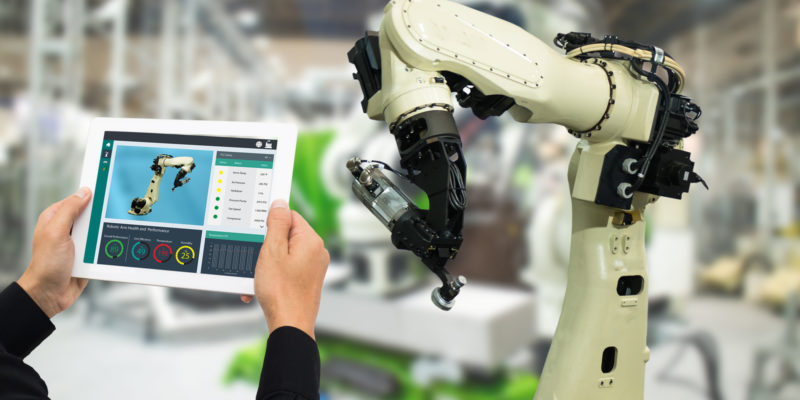Artificial intelligence (AI) and machine learning are both areas that have been growing and ones that are expected to change the way many industries operate.
One that could be set to see some disruption as a result of improving AI technology is big pharma, according to a recent article for Bloomberg.
The news provider highlighted a breakthrough made by DeepMind, the AI arm of Google’s parent Alphabet Inc.
At a conference at the end of last year, DeepMind outperformed experienced biologists when it came to predicting the shapes of proteins. These are the “basic building blocks of disease”, so understanding them is crucial for new drug development.
The news provider explained that DeepMind’s performance highlights how AI could be used to speed up the process of new drug development.
It seems that many of the conference attendees were impressed. Conference founder and University of Maryland computational biologist John Moult commented: “It was a total surprise. Compared to the history of what we had been able to do, it was pretty spectacular.”
What’s particularly impressive about what DeepMind achieved is that it was able to do more than what 50 of the top labs around the globe could achieve.
However, while DeepMind has impressed, Bloomberg noted that it’s not quite ready to take over when it comes to drug discovery; not yet, anyway. The reason being that the AI’s simulation “doesn’t yet produce the kind of atomic-level resolution that is important for drug discovery”.
But it’s telling that it was a tech company, not a pharmaceutical firm, that has made the first real breakthrough with AI in this area.
Harvard computational biology researcher Mohammed AlQuraishi pointed out that the reason is that big pharma firms haven’t put serious effort or money into exploring this area of protein folding. As a result, tech firms have been able to swoop in.
There’s a lot of money being put into AI and machine learning in the pharma sector though. The process of drug discovery and understanding disease in the human body is so complex that it takes years for therapies to be developed, and even then just a fraction actually make it to patients.
Chris Gibson, co-founder and chief executive officer of Recursion Pharmaceuticals, a US-based start-up that’s using machine learning to look for new therapies, told Bloomberg that it’s time to accept that we need help from technology.
“If we want to understand the other 97 per cent of human biology, we will have to acknowledge that it is too complex for humans,” he asserted.
The UK pharmaceutical industry is continuing to invest heavily in research and development (R&D) of new drugs, but maybe it’s time for some of that funding to be put into technology like AI and machine learning that can speed up the process?
According to the latest figures from the Association of the British Pharmaceutical Industry, £377.3 million was spent on R&D collaborations in 2018, up from the £370.9 million recorded in 2017.
Looking for pharmaceutical validation services? Get in touch with us today.

